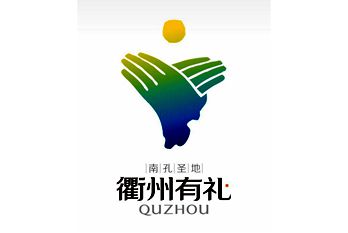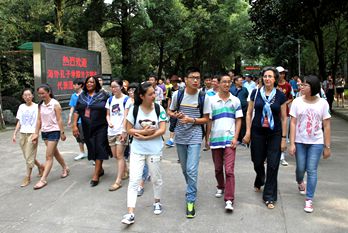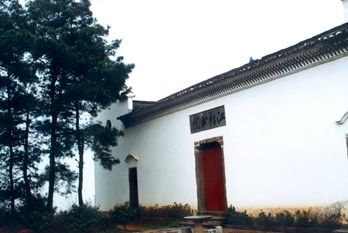Quzhou transforms green resources into sustainable growth

An idyllic view of the Wuxi River in Quzhou. [Photo/IC]
Quzhou in East China's Zhejiang province, located at the headwaters of the Qiantang River, exemplifies the national development concept that "lucid waters and lush mountains are invaluable assets".
Over a decade ago, local authorities implemented measures such as a ban on pig farming and the closure of glass factories to protect the Wuxi River in Qujiang district. These efforts in turn improved the environment, attracting more tourists.
As the scenic beauty of Wuxi River has become ever more of a tourist magnet, resident Yu Jianqing has transitioned from fishing to running a homestay and even modeling for photographers, increasing his income fourfold to nearly 200,000 yuan ($28,085) annually.
Quzhou's commitment to its ecological preservation has led to significant improvements. The local air quality now meets national first-class standards and its forest coverage exceeds 65 percent.
In recent years, the city has established 27 natural reserves covering a total area of 1,166 square kilometers, supporting diverse species, including the endangered Chinese merganser.
Currently, Quzhou is home to a total of 10,643 species, which account for 82.28 percent of Zhejiang's total.
A comprehensive environmental monitoring system and local regulations safeguard the ecological gains of the city.
Additionally, Quzhou is exploring ways to realize the value transformation of its ecological resources, allowing the public to benefit from these efforts.
Initiatives include using smart platforms for resource integration and trading, branding distinctive agricultural products, and creating carbon accounts that track environmentally friendly activities and offer rewards.

 City brand logo - fist-and-palm salute
City brand logo - fist-and-palm salute Confucianism on campus
Confucianism on campus The culture of the academy
The culture of the academy